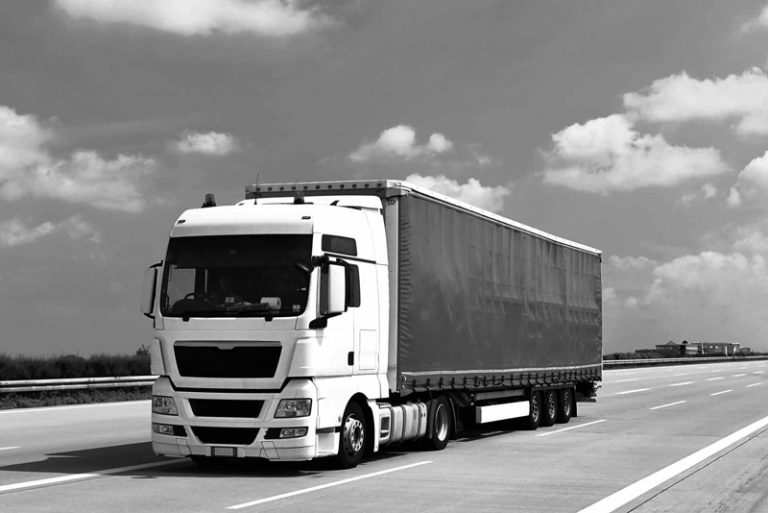For most consumers today the words “plastic” and “sustainability” don’t often go together. However, manufacturers understand that reusable plastics are making supply chains more sustainable. Additionally, reusable plastics help to streamline a supply chain, reducing bottom lines and making products more affordable. This is especially true in the food supply chain, where sustainability as well as cleanliness are of utmost importance. When looking at the journey a tomato takes from farm to a consumer’s home, it’s clear to see how often reusable plastics make it possible. Plastics in the Growing Process It used to be that tomato farming required in the US the use of a large amount of non-eco-friendly materials, such as metal and wood. However, the containers and other products made of these materials are damaging to the environment to create as they require mining or felling of trees. Additionally, these products weigh more than plastic, leading to raised shipping costs and adding to the fuel required to get these products to the farms and out for shipments. Nowadays, farmers use carefully sourced plastic systems to help them grow tomatoes safely and naturally. Plastic seedling trays, plastic irrigations systems, and plastic greenhouse covers allow farmers to grow tomatoes more efficiently and in all kinds of weather, yielding more abundant crops and reducing the overall carbon footprint of the tomato industry. Plastics in the Harvest Process Lipman Family Farms, located in Immokalee, Florida, is America’s largest field tomato grower. They pride themselves on being Earth-conscious and pioneering sustainable farming practices, which is why plastic harvest bins are their go-to containers when it’s time to pick the tomatoes. “The harvest bins are the foundation of our farming operation, they’re reusable to the point of five to six years,” says Louis DeMaso, Sustainability and Operations Analyst for Lipman Family Farms. “They hold about 5,000 pounds [so we use them] anytime we transport our bins from farm to packinghouse.” Not only are plastic harvest bins reusable, but they can be equipped with features such as ventilation, sturdy handles, and side-wall access. These features make harvesting easier for workers, thereby speeding up the process. Containers with these features can also protect the produce within, leading to less waste. All of this can contribute to reduced costs for the farmer and consumer. But perhaps the most crucial reason that plastic harvest bins have become preferable in agriculture explains DeMaso is that “from the food safety perspective, plastic is much cleaner.” Plastic is safer for food storage due to its nonporous nature. It does not absorb moisture, so bacteria is not able to grow. Washing plastic with sanitizer virtually guarantees a clean surface because substances cannot become trapped within the plastic, unlike cardboard, which very easily absorbs moisture, dirt, and germs. Plastics at the Packinghouse After the tomatoes are harvested, they are then sent to a packinghouse for washing and packaging. Specially designed reusable plastic crates allow for proper ventilation and automated sorting, all of which leads to reduced waste. Most tomatoes are then processed into sauces and soups. For this purpose, most packinghouses rely on intermediate bulk containers, or IBCs. These large plastic boxes are especially designed to hold liquids and can hold over 300 gallons. Their high-load capacity, durability, and reusability make IBCs far superior to traditional barrels. Plastics in Distribution There are many reusable plastics being used at the distribution level as well. Grocers rely on reusable plastic containers, or RPCs. These lightweight, foldable containers also often act as the “shelves” in produce displays. They are also easily stacked, and not expensive to ship due to their light weight. Additionally, plastic shipping pallets are used to send tomatoes and produce of all kinds to grocers and processors. They are lighter, take up far less vertical space than traditional pallets, and can nest into each other for return shipments, making them far more cost effective for shipping large quantities of goods. Plastics and International Trade For international transit, especially, plastic is preferable because the supply chain is longer. The durability of plastic, as opposed to wood, means the containers are less likely to be damaged on a long trip, even with hundreds of pounds of produce stacked on top of them. Plastic is often also easier to pass through international customs, as they’re naturally less likely to harbor dangerous germs, molds, or other contaminants. The United States has been a bit slower to adopt reusable plastics in general, likely because the initial cost of reusable packaging is higher than single-use options. However, companies like Reusable Transport Packaging are working to change that perception by offering rental models that allow farmers to only pay for the time they are using the containers. “Farmers still spend a lot of money on single use corrugated and or single use plastics for distribution to retailers. Our pay-per-use or milk man model allows users to cut out single use packaging waste, save money, and use a better reusable transport package,’ says Justin Bean, Business Development and Sales Manager at Reusable Transport Packaging. Many in the agriculture industry are also realizing the importance of using reusable packaging if they want to do business internationally. “There are a lot of countries especially in the EU that will not allow or simply don’t want their products shipped in single use cardboard or plastics,” says Bean. “We are able to work with those customers to provide a RTP that will work for them and protect their protects better in transit.” Looking at all the advantages of reusable plastics, it becomes clear why they have become a staple for supply chains in nearly every industry. Of course, agricultural shipping has additional concerns when it comes to maintaining food safety, making plastic containers an even more ideal solution.








